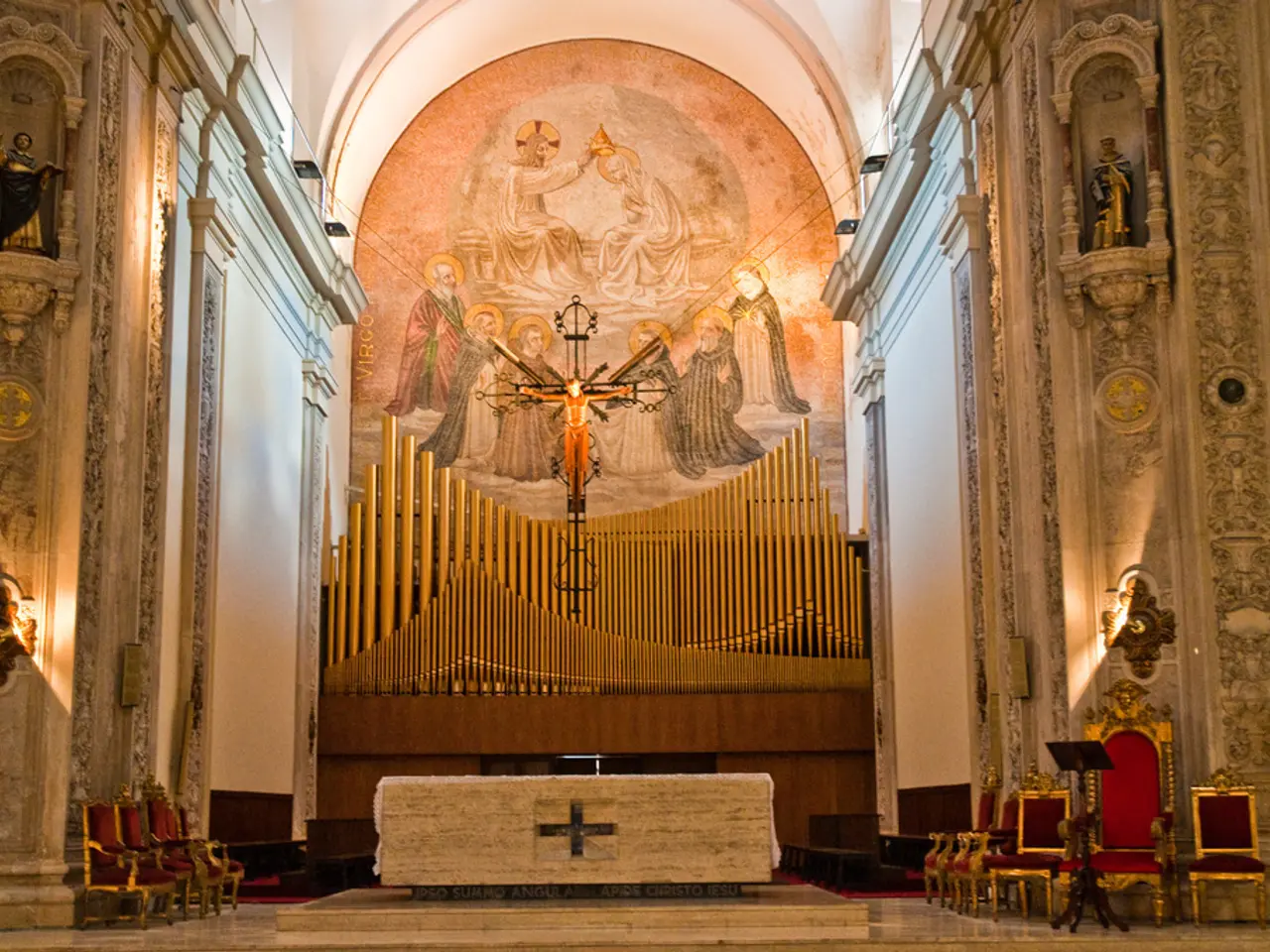Influence of French and American Revolutions on Political Ideas in Latin America
The French and American Revolutions Shape Latin America's Political Landscape
The French and American Revolutions played a significant role in shaping the political landscape of Latin America, inspiring ideas of liberty, popular sovereignty, and republicanism, and weakening Spain's grip on its American colonies.
Revolutions Ignite Wars of Independence
The French Revolution triggered political instability throughout Spanish America by undermining the Spanish monarchy. This destabilization facilitated independence movements as local elites and Creoles sought to protect their interests and assert autonomy in the weakened imperial structure.
The American Revolution served as a real-world example of successful colonial revolt, demonstrating the possibility of independence from a European power. Spain's indirect involvement as an ally to the American revolutionaries helped stretch British resources and inspired Latin American leaders. The political ideas of republicanism and self-governance spread to the Spanish American colonies, priming local populations and elites for their own independence struggles.
Civil Wars and Regional Conflicts
These revolutions disrupted the established colonial order, leading to civil wars and regional conflicts within new Latin American states marked by divisions between liberals and conservatives, and between regional factions. For example, in Central America, the 1824 constitution attempted to create a federal union with a strong legislature, but deep ideological and provincial divisions resulted in civil wars and eventual disintegration of early federations.
Shaping Constitutional Reforms
Following independence, many Latin American countries aimed to institutionalize republican ideals through new constitutions that balanced state autonomy with federal structures, reflected liberal notions of governance, and tried to limit the power of traditional elites like the Church.
However, political instability persisted, as seen in the clash between federalists and centralists, liberals and conservatives, and reformers and traditionalists. Leaders such as Honduras' Francisco Morazán pushed sweeping reforms including anticlerical measures, judicial reforms, and social modernization that shaped the post-independence political order.
The Legacy of the French and American Revolutions
The Wars of Independence and constitutional experiments were profoundly shaped by the legacies of the French and American revolutions—both in the ideals they exported and in the geopolitical weakening of Spain. However, the process was also influenced by internal social dynamics and conflicts among local elites, indigenous populations, and Creoles.
In contemporary times, the ideals of liberty, equality, and democracy that emerged from these revolutions still resonate in Latin American societies, influencing political movements and shaping governmental structures.
Pre-Revolutionary Era in Latin America
Before the revolutions that would shape Latin American political thought, the region had long been under the colonial rule of European powers, primarily Spain and Portugal. The pre-revolutionary era in Latin America was marked by economic exploitation, social stratification, and limited political autonomy for the indigenous and mestizo populations.
These revolutions kindled a fervor for independence, ultimately paving the way for the Latin American Wars of Independence, a series of revolutions that took place in the early 19th century, leading to the independence of various Latin American countries from Spanish colonial rule.
Simon Bolivar's Pan-American Vision
Key figures like Simon Bolivar emerged, galvanizing revolutionary movements with a Pan-American vision and an unwavering commitment to revolutionary principles. Bolivar's Pan-American Vision aimed to unite Latin American nations into a cohesive and powerful confederation, emphasizing the importance of regional integration and cooperation for mutual prosperity and security.
The legacy of the French and American Revolutions in Latin America continues to resonate in the region's political thought, serving as a reminder of the enduring impact of revolutionary ideals on shaping the course of history and governance in the Americas. The Enlightenment's focus on rationality and universal truths encouraged critical examination of existing power structures in Latin America, further fuelling the revolutionary spirit.
Governmental Influences
The French and American Revolutions significantly impacted the governmental structures in Latin America, with ideas such as popular sovereignty, republicanism, and self-governance influencing the constitutional reforms that took place following independence.
Ideological Conflict
As a result of the revolutions, internal social dynamics and ideological conflicts among local elites, indigenous populations, and Creoles also played a crucial role in shaping Latin America's political landscape, leading to civil wars and regional conflicts in the post-independence period.








